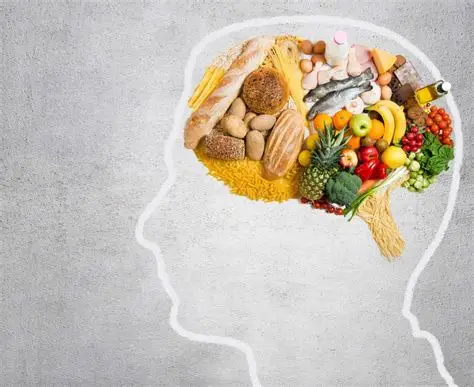MSG Truth Revealed: What Science Really Says About Its Health Impact
:max_bytes(150000):strip_icc()/Health-GettyImages-1133863832-ef65215716f946e7ade4c022653b05b1.jpg)
Monosodium glutamate (MSG) is a widely used food additive celebrated for its unique ability to enhance umami flavor, the fifth taste. Although MSG contains sodium, it has roughly one-third less than regular table salt. This makes it a potential ally in reducing overall sodium consumption, a key factor in lowering the risk of high blood pressure and heart disease.
Despite persistent myths, MSG is officially designated as “generally recognized as safe (GRAS)” by the U.S. Food and Drug Administration (FDA). This classification stems from decades of research and extensive global use. However, moderation remains essential. Studies indicate that excessive intake typically above 30 milligrams per kilogram of body weight per day (mg/kg/day) may cause mild, short-term side effects known as MSG symptom complex.
Common symptoms include headaches, flushing, dizziness, sweating, and muscle tightness. According to the European Food Safety Authority (EFSA), very high doses (exceeding 42 mg/kg/day) could trigger reactions in sensitive individuals. For example, one human trial found that consuming 143 mg/kg/day increased insulin levels, while another linked 150 mg/kg/day to elevated blood pressure. Headaches were also observed at doses around 85 mg/kg/day. Children may be more vulnerable to these effects due to lower body weight and higher relative intake from processed foods.
Interestingly, MSG may provide benefits beyond flavor enhancement. Some studies suggest it could promote satiety, helping people feel fuller and potentially supporting weight management. In one study published in the Journal of Nutrition, participants consuming meals with moderate MSG reported higher satisfaction and reduced cravings. However, findings remain mixed — while some data suggest MSG may reduce appetite, others indicate it might increase food intake depending on the meal’s nutrient profile (e.g., protein-rich or high-carb dishes).
For those considering using MSG at home, the key is smart moderation and pairing:
Use small amounts, a pinch can dramatically elevate flavor.
Incorporate MSG into nutrient-dense dishes like soups, broths, and vegetable stir-fries.
Avoid adding it to already salty foods.
Always check labels on packaged items, where it may appear as “monosodium glutamate,” “E621,” or “flavor enhancer.”
Ultimately, the science shows MSG is safe for most people when used responsibly. By leveraging its umami power wisely, consumers can enjoy rich flavors while maintaining healthy sodium levels dispelling decades of misunderstanding around this common culinary ingredient.
You may also like...
Food for the Mind: How Diet Shapes Mental Health More Than We Think

What we eat affects more than our bodies, it shapes our emotions, focus, and resilience. This feature talks on how diet ...
The End of Minimalism: Why We’re Choosing Meaning Over Aesthetic

A cultural shift is redefining modern living: Minimalism is fading, and “Meaningism” is rising, a movement that values c...
Sleep Deprivation: Africa’s Most Overlooked Health Epidemic

Sleep deprivation is quietly sweeping across Africa, undermining health, productivity and well-being. Different lifesty...
The Next Big Discovery Might Be Growing in Someone’s Backyard

Hidden in gardens, local farms, and village backyards across Africa and beyond, the next major scientific breakthroughs ...
The Grand Egyptian Museum: Re-Engineered History of Africa.

2002 was the genesis of a dream. Egypt opens its Grand Museum in 4days.
NanoFilter: The Tanzanian Invention Turning Dirty Water into Life

Read on how Dr. Askwar Hilonga’s NanoFilter, a Tanzanian nanotech invention, is transforming access to safe drinking w...
The Myth of the Strong African Mother

Parenting burnout is becoming an unspoken crisis among African mothers. The pressures of motherhood, cultural expectatio...
The African Dream vs. the American Dream: What Success Means to a New Generation

A new generation of Africans is redefining success, turning away from the “American Dream” toward something more local, ...
:max_bytes(150000):strip_icc()/Health-GettyImages-1391556635-1ee1f371ecb44387b9724cd5dfc36397.jpg)


:max_bytes(150000):strip_icc()/HealthGettyImages-628111366-357ba64423df4848ba81e4c0f13e23f2.jpg)